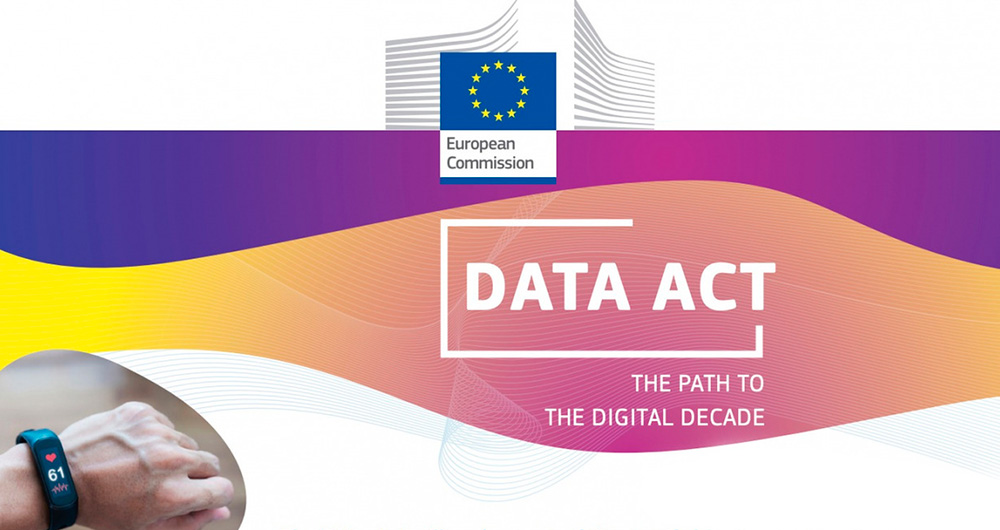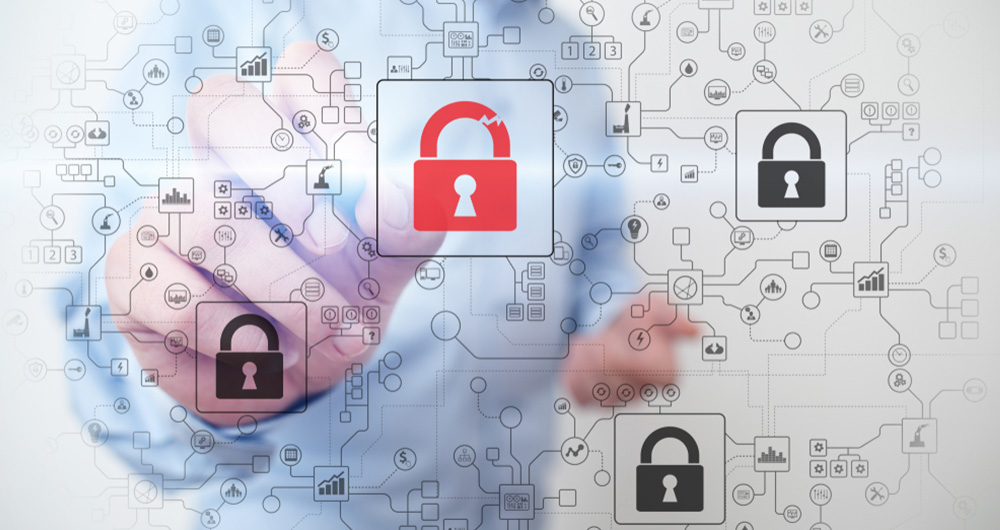10 posts found
PET technologies: how to use protected data in a privacy-sensitive way
As organisations seek to harness the potential of data to make decisions, innovate and improve their services, a fundamental challenge arises: how can data collection and use be balanced with respect for privacy? PET technologies attempt to address this challenge. In this post, we will explore what…
Data policies that foster innovation
The importance of data in today's society and economy is no longer in doubt. Data is now present in virtually every aspect of our lives. This is why more and more countries have been incorporating specific data-related regulations into their policies: whether they relate to personal, busin…
User access to data from connected products and related services in the new European Data Regulation ( Data Act)
The adoption of the Regulation (EU) of the European Parliament and of the Council of 13 December 2023 on harmonised rules for fair access to and use of data (Data Law) is an important step forward in the regulation of the European Union to facilitate data accessibility. This is an initiative already…
The future of privacy in a world dominated by open data
In the era dominated by artificial intelligence that we are just beginning, open data has rightfully become an increasingly valuable asset, not only as a support for transparency but also for the progress of innovation and technological development in general.
The opening of data has brought enormou…
Common misunderstandings in data anonymisation
Data anonymisation is a complex process and often prone to misunderstandings. In the worst case, these misconceptions lead to data leakage, directly affecting the guarantees that should be offered to users regarding their privacy.
Anonymisation aims at rendering data anonymous, avoiding the re-ident…
Data Act, a new initiative in the framework of the European Data Strategy
Updated 02/29/24
At the end of 2021, an agreement was reached between the European Parliament and Member States to push forward the proposed Data Governance Act. The aim was to create processes and structures to facilitate the exchange of data between all relevant actors.
Shortly thereafter, it was…
The importance of anonymization and data privacy
We are in a historical moment, where data has become a key asset for almost any process in our daily lives. There are more and more ways to collect data and more capacity to process and share it, where new technologies such as IoT, Blockchain, Artificial Intelligence, Big Data and Linked Data play a…
Responsible management of data concerning minors
Young people have consolidated in recent years as the most connected demographic group in the world and are now also the most relevant actors in the new digital economy. One in three internet users across the planet is a child. Furthermore, this trend has been accelerating even more in the current…
The role of blockchain in security and data privacy
The imminent application of the recent GDPR (May 25th) modifies the European panorama in terms of security and privacy of personal data. Overall, the GDPR could be considered a "Digital Declaration of Rights". As we saw earlier, this Regulation lists the detailed requirements that any institution or…
Personal open data but under control
Open data has great potential to improve transparency and accountability or to enhance public services and the creation of new services, but at the same time they also show a less friendly face by increasing our vulnerability and exposing information increasingly more detailed that is not always use…









